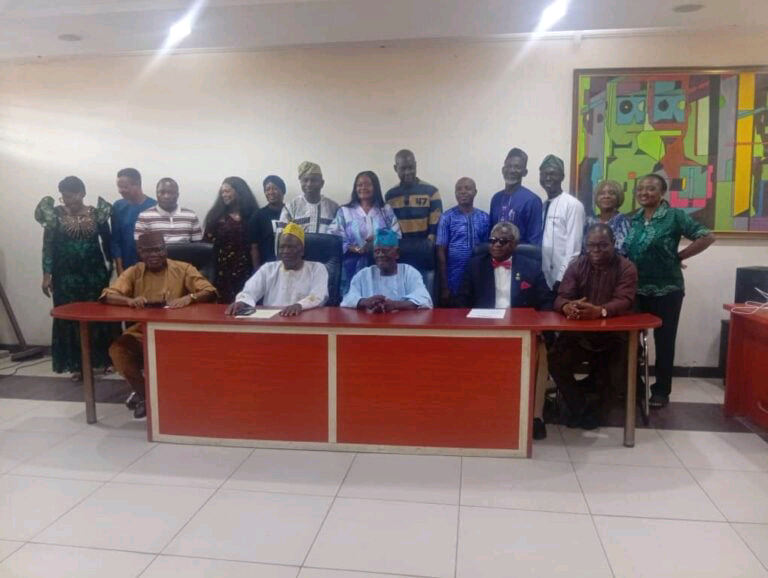UN Marks 25 Years of Resolution 1325, Says Women’s Leadership still Central to Peace

As the United Nations commemorates the 25th anniversary of Security Council Resolution 1325, senior UN officials and partners on Friday underscored that advancing gender equality and amplifying women’s voices remain essential to building durable peace.
Adopted on 31 October 2000, Resolution 1325 inaugurated what has become the Women, Peace and Security (WPS) framework a set of policy commitments that link women’s protection, participation and rights to more effective conflict prevention, mediation and recovery.
The anniversary has prompted a flurry of events at UN headquarters and across regional bodies to take stock of achievements and persistent gaps.
Laura Flores, Director for the Americas at the UN Department of Political and Peacebuilding Affairs, told UN News this week that the resolution transformed assumptions about who belongs at the peace table and why. Officials and civil society leaders emphasised that the presence of women in leadership roles and decision-making bodies improves the legitimacy and sustainability of negotiated settlements and post-conflict reconstruction.
Regional organisations and UN partners used the milestone to press for measurable follow-through. The African Union, speaking during weeklong commemorations tied to the anniversary, argued that the next phase of WPS must move beyond rhetoric to enforceable accountability — including concrete targets for women’s participation in peace processes and stronger mechanisms to prevent sexual and gender-based violence in conflict zones.
Yet progress has been uneven. Research and advocacy groups point to shortfalls in implementation: women remain under-represented among mediators, negotiators and uniformed personnel in peace operations, and survivors of wartime sexual violence still face systemic barriers to justice and services.
Experts say closing those gaps requires sustained political will, financing for grassroots women’s organisations, and the integration of gender perspectives across all stages of peace work.
Commemorative events this month have combined high-level panels with community-level testimony, reflecting the WPS agenda’s dual roots in diplomacy and grassroots activism.
As countries and institutions draft new national action plans and reform strategies, speakers called for monitoring frameworks with clear indicators so the quarter-century of commitments produce measurable improvements on the ground.
“The 25th anniversary is a moment to convert commitments into systems that deliver for women affected by conflict,” said one practitioner at a UN forum.
The coming year, advocates say, should focus on turning lessons learned into enforced policy changes that make peacebuilding more inclusive and more just for half the world’s population.









